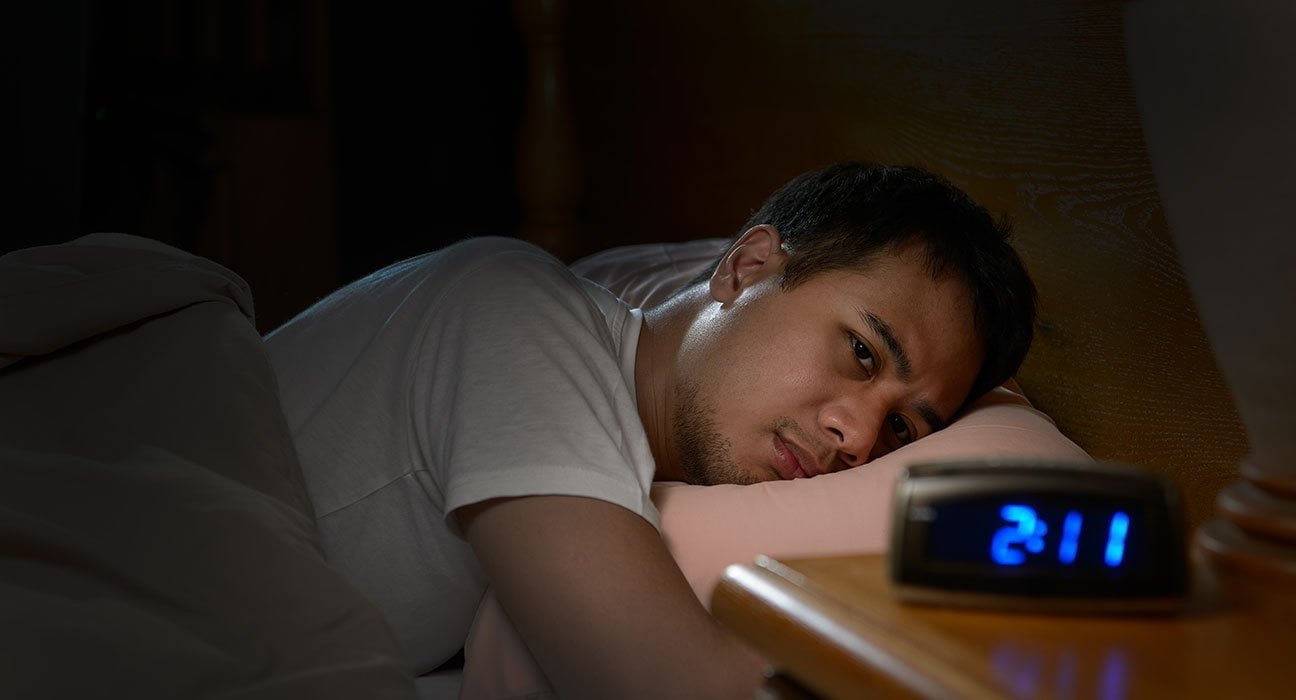The main reason why patients with insomnia, seek therapy is that their sleeplessness impairs their ability or capability to work throughout the day. However, little is known regarding the most effective course of action for treating individuals suffering from insomnia remains unresolved. Prolonged or recurring insomnia is a common sleep problem that can have a substantial impact on both the person and community. A condition that affects people 24 hours a day, insomnia manifests as both daytime and nighttime symptoms, such as trouble falling asleep or staying asleep. The daytime symptoms for insomnia are the crucial part of the diagnostic process. Exhaustion (fatigue) and mood disturbances (disorders) are the essential indicators. This means that treating the daytime effects of insomnia is crucial, since patients with insomnia frequently seek therapy for these problems.
Also Read: Can spinal cord stimulation help depression without using medication?
Psychological therapies like Cognitive Behavior Therapy (CBT) and medication such as sedating antidepressants etc. are the two primary techniques prescribed by the clinical practice guidelines for treating insomnia. Few studies have been conducted on the effectiveness of sleep-promoting drugs for enhancing daytime activities, despite the fact that pharmaceuticals are utilized in clinical practice with greater frequency due to their easier accessibility. Unfortunately, a recent meta-analysis found that CBT’s benefits on daytime symptoms are primarily mild to moderate.
Aim and objective of the study
This study’s primary goals were to assess the both short- and long-term alterations in the daytime functions of four treatment regimens for insomnia that included pharmacological (trazodone and zolpidem) and psychological (behavioral and cognitive) therapy. Specifically, this study is to determine the effectiveness of behavioral therapy (BT) and zolpidem as first treatments for improving daytime functioning among those suffering from insomnia and to assess the utility of additional treatment for individuals whose insomnia has not abated. This study included 211 adults suffering from chronic insomnia disorder, who were followed up for a period of 12 months at institutions in the US and Canada.
Also Read: Paranoia: causes, types, treatment and prevention
CBT and Medications
Cognitive behavioral therapy is a psychological therapy. In psychological therapy first stage is BT (behavioral therapy) comprises of techniques for stimuli management (or stimuli control procedure) and sleep restriction. The second stage of the treatment, CT, addressed various perpetuating processes such as ruminations and anxieties linked to mood disorders and sleep deprivation.
The initial round of pharmacological therapy was 5 to 10 mg of sublingual zolpidem administered at bedtime every night. The medication used in the second stage of treatment was trazodone, administered 30 minutes before bedtime at a dosage of 50–150 mg. Trazadone, an antidepressant which functions as a serotonin receptor antagonist and reintegration inhibitor, has demonstrated effectiveness in treating individuals with both comorbid severe depression and insomnia. It also has the added sedative benefit of promoting sleep.
Also Read: Benefits, Risks, and Controversies of ADHD Medication Management
Outcomes and result
The present investigation demonstrated that zolpidem or behavioral therapy (BT) was an adequate first-stage cure for insomnia symptoms throughout the day, with no statistically significant variations between groups. Strengthening daytime functions was one of the additional values of the second-stage treatment. Specifically, patterns that started with zolpidem as the initial therapy showed rapid benefits of second-stage treatments, but patterns that started with BT showed delayed effects.
All things considered, these results offer more proof of the effectiveness of CBT and sleep-promoting drugs in enhancing daytime functioning in insomnia sufferers.
Sources:
The JAMA network open journal













Leave feedback about this